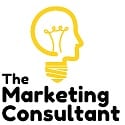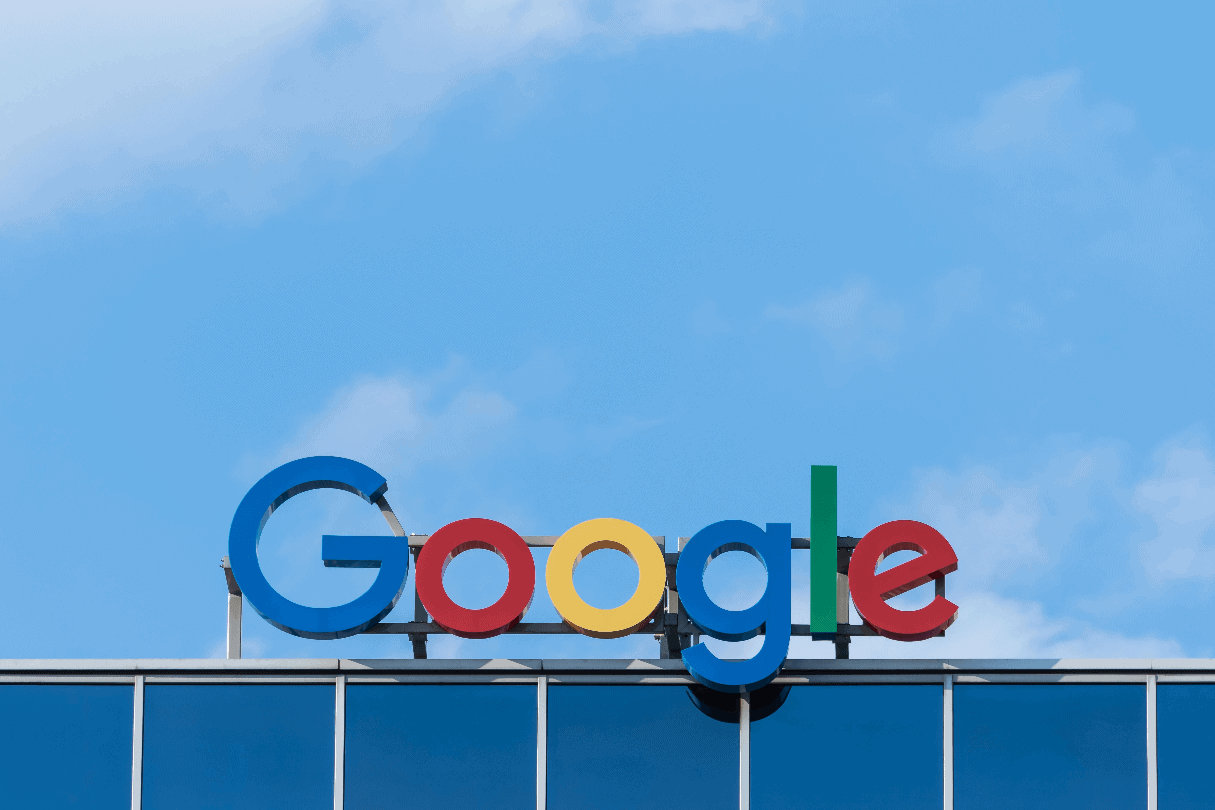Certified Google Ads Professional
Google Ads Consultancy
PPC Consultant
What is PPC?
The meaning of PPC advertising is pay-per-click. Advertisers are charged a fee every time their ad is clicked by a web user.
Advertisers are charged for each click rather each unique user.
What is CPC, CPM, CPV and CPA?
The meaning of CPC is the actual cost-per-click every time your ad is clicked. A goal for advertisers is generally to pay as little as possible for each click.
The meaning of CPM is the cost per thousand impressions of an ad. Impressions are views of your advertisement.
The meaning of CPV is cost per view, which is the price to pay for each time a video ad is watched.
The meaning of CPA is cost per acquisition in driving an engagement or sale online.
PPC Ad Networks
There a number of PPC ad networks. The leading PPC network is Google Ads. The reason for this is that Google has a share of over 90% of the search engine market worldwide. Therefore, it has a greater reach. The average person conducts a few searches every single day. In simple terms, your potential customers do their research on Google.
Other ad networks include Bing Ads, AdRoll, Yahoo Gemini, Facebook, LinkedIn, Twitter and Pinterest.
What is Google Ads?
Formerly Known as Google AdWords, Google Ads is Google’s advertising network. It is a method of search engine marketing (SEM) via an adwords account. It permits advertisers to bid on keywords for their ads to appear in Google’s search results. It also permits bidding on topics and demographics for adverts to appear on relevant websites within the Google partner network. Google Ads goal is to connect businesses with customers through online advertising. Google ads is all about relevance. Results are at its core.
The Google Ads network is made up of the search, display, shopping, video, discovery and partner networks. It includes Google Search, Google Shopping, Google Maps, Google Play, YouTube, Blogger, Gmail, partner websites and mobile phone apps. Google AdSense is the program through which website publishers in the Google Network of content sites serve advertisements.
For example, a plumber based in Stillorgan County Dublin, can bid for relevant search terms such as “Plumber Stillorgan” and “Plumber Dublin” to target customers searching for plumbers within a set target geographical area. The plumber could also target display ads based on topics, audience and interests. They could target interests such as mortgages and property to target homeowners, so that their ad could appear on websites such as Daft. The plumber could also run video ads on YouTube for people searching to solve plumbing related queries. If the plumber has an online store selling plumbing accessories, they could also promote on Google Shopping to generate sales.
Benefits of Google Ads
Google’s customer reach is greater than any other platform due to its high usage by the majority of people. Effectively, your business can get in front of the target customer.
Google Ads appear in front of relevant customers at the right time, as they view ads when they are researching online for a product or service. With correct set up, your ads can appear in front of consumers who are ready to purchase.
The ad network is performance-based. This means advertisers only pay when their ads are clicked.
Advertisers can control their budget and spend.
Target Audience
Your target audience is the potential customer interested in your product or service. It is vital to define who they are, where they are and what is of interest to them. The target market will define your sales and marketing plan.
What are Keywords?
Keywords are words or phrases that a person searches on a search engine. Each time a person performs a search query, Google aims to give the user the most relevant answer to that query in the search results. Generally, businesses want to appear in the search engine results page (SERP) when people search for the keywords or phrases related to your products or services. Google ads are paid ads in the SERP that appear at the top, side and bottom of the organic search results.
When constructing a keywords list for a search engine text ad, the type of keyword match type used will determine how effective your targeting is. Keyword match types include broad match, broad match modifier, phrase match and exact match. Too broad a match may result in your ads being clicked for search terms that are not going to convert. Too narrow a match may result in your ads not appearing for related searches.
Negative Keywords
To improve relevance of ads to search terms and eliminate wasted budget, negative keywords are an important element of a search campaign. These are keywords that you do not want your ad to appear for. Their importance for long-tail keywords cannot be overstated.
Keyword Research
Keyword research is a vital starting point for PPC and SEO. There are a number of tools that can help identify the relevant keywords and long-tail keyword phrases that potential customers use when searching. It also highlights search volumes and CPC rates per keyword, so that you can create a plan. If you target irrelevant keywords or bid too much for a keyword, your budget will be wasted.
Keywords are an important factor for both advert copy content as well as for creating a list of keywords to target. Ronan is an expert at conducting keyword analysis and ad copy.
What Type of Ads Can be Promoted?
Ad formats are the type of ads that be promoted. Ad formats allow businesses to choose how to communicate with people. There are a number of ad formats available depending upon what your business goals are.
- Text ads appear in front of customers right when they are searching for particular queries on Google’s search network.
- Ad extensions can be added to text ads to provide additional information to encourage browsers to click an ad. These extensions include sitelinks, phone number, location, price and structured snippets.
- Instead of clicking into your website, there is the option for call-only ads which advertise your telephone number for prospects to click to phone your business.
- Display ads are rich media content formats including animation, image ads and video ads appear on websites and apps across the web. To encourage click-thru, responsive ads automatically adjust size and appearance to match the website and mobile apps that show the ad in the display network.
- Shopping ads contain product and pricing information, so shoppers can purchase online from e-commerce retailers.
- App ads are used to promoted mobile application to encourage people to download an app.
What Type of Campaign Should Your Business Run?
The objectives of your advertising dictate what type of Google Ads campaign your business should run.
A business may wish to build awareness of a new product, brand or offering. Display campaigns are generally good for generating awareness by targeting audiences with specific interests. Campaigns run on the display network usually receive more coverage that the search network in terms of impressions and clicks. While the cost-per-click of display ads is cheaper, conversion rates are much lower as the customer is not searching for a product or service.
Search campaigns can be highly effective for generating leads and sales due to customer intent. This method is used to target high-potential prospects as they research for related products or services.
Shopping campaigns are highly effective for retailers who want to promote products to consumers whom are actively searching for those products. Online retailers can encourage users to click into their e-commerce store to purchase the product.
Universal app campaigns are effective for growing mobile apps by paying for app downloads.
Performance Max ads are a goal-based campaigns that access all of the Google Ads network.
Ad Auction Bid Strategy
Google Ads is effectively an ad auction. Advertisers bid for their ad to be displayed. If you bid too much, you may waste your budget. If you bid too little, your ad will not appear. The optimal bid amount is determined by many factors. Your optimal bid price can be reduced or increased due to relevance and quality.
While the bid amount is important, it is not the only factor that determines the performance of your Google ads. Ad rank is the position of a PPC ad on the search engine results page (SERP). Ad rank is determined by bid amount, keyword, ad relevance, ad formats, ad text, landing page experience, expected click thru rate and quality score. The quality score is a rating of the relevance and quality of your keywords, Google ads and landing pages. It affects your ad rank, your cost per click and your position in the search results pages. The better your quality score is, the better your ad rank will be, which should result in better ad performance.
Landing page experience measures how well your web page provides users with what they are looking for and provides answers to search queries when click ads. If your website provides a poor user experience, is slow or is unsecure, the price of your ads will increase or your ads will not show.
Expected click-thru-rate measures how likely people are to click into your ad. If your ads do not perform in terms of getting clicks, Google will not display your ads as they would not maximising their sales.
Your ad text must be relevant to the search query, keyword and content of your web page to appear.
The budget is the amount that you wish to spend on your advertising. This should be determined by the value of a customer and your individual conversion rates.
Your bid strategy is important for success and maximising return on investment. You can choose between manual bidding to control the bid yourself or automated bidding such as Performance Max to give control to Google Ads, providing conversion tracking is enabled. Automated bidding creates a conflict of interests, as it is not in the interest of Google to give you the cheapest CPC. From experience, automated bids tend to get more clicks but are at a higher cost-per-click.
Google Ads Certified PPC Consultant
To maximise return on investment, it is vital to hire a certified Google Ads professional to set up and run your campaigns. Google adwords certified professionals have the required training and expertise.
Ronan is Google Ads certified with over a decade’s experience managing and optimising ad campaigns to perform. To ensure that you target the right marketing mix of platforms for your individual business or product, Ronan also has considerable experience providing ads consultancy services promoting across other PPC networks and adwords. These include Bing Ads, native ads and social media platforms.


